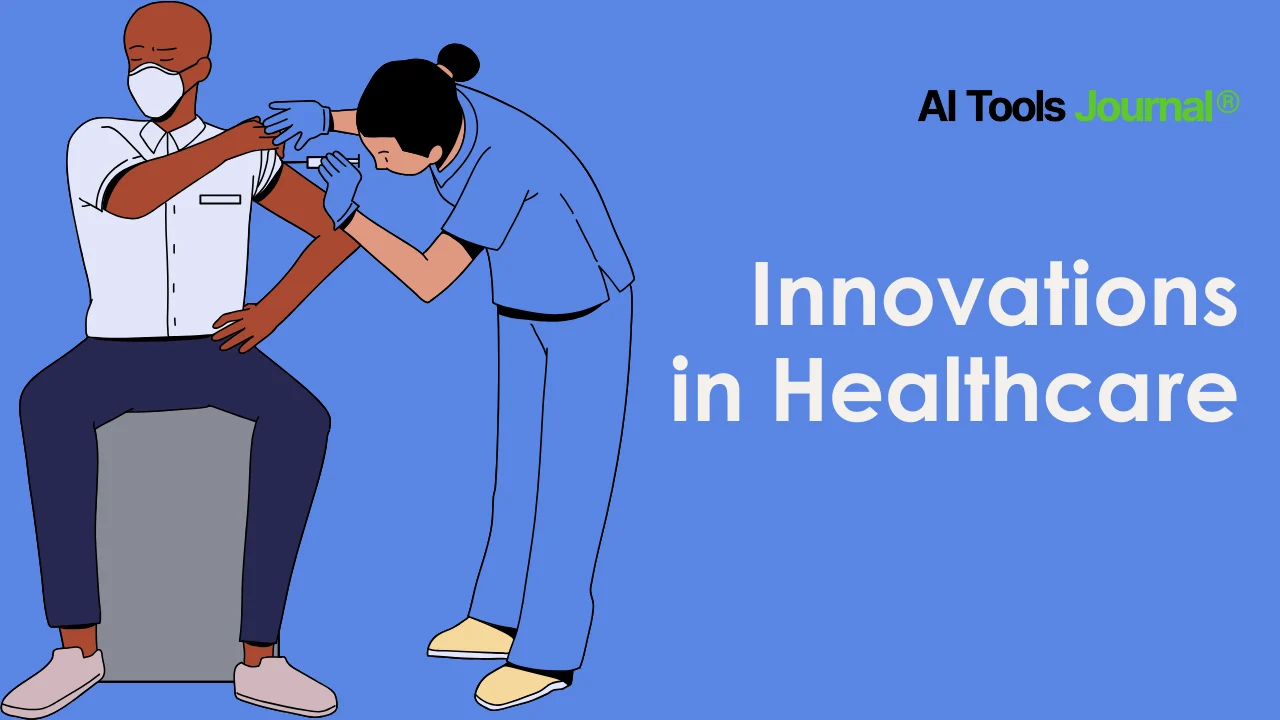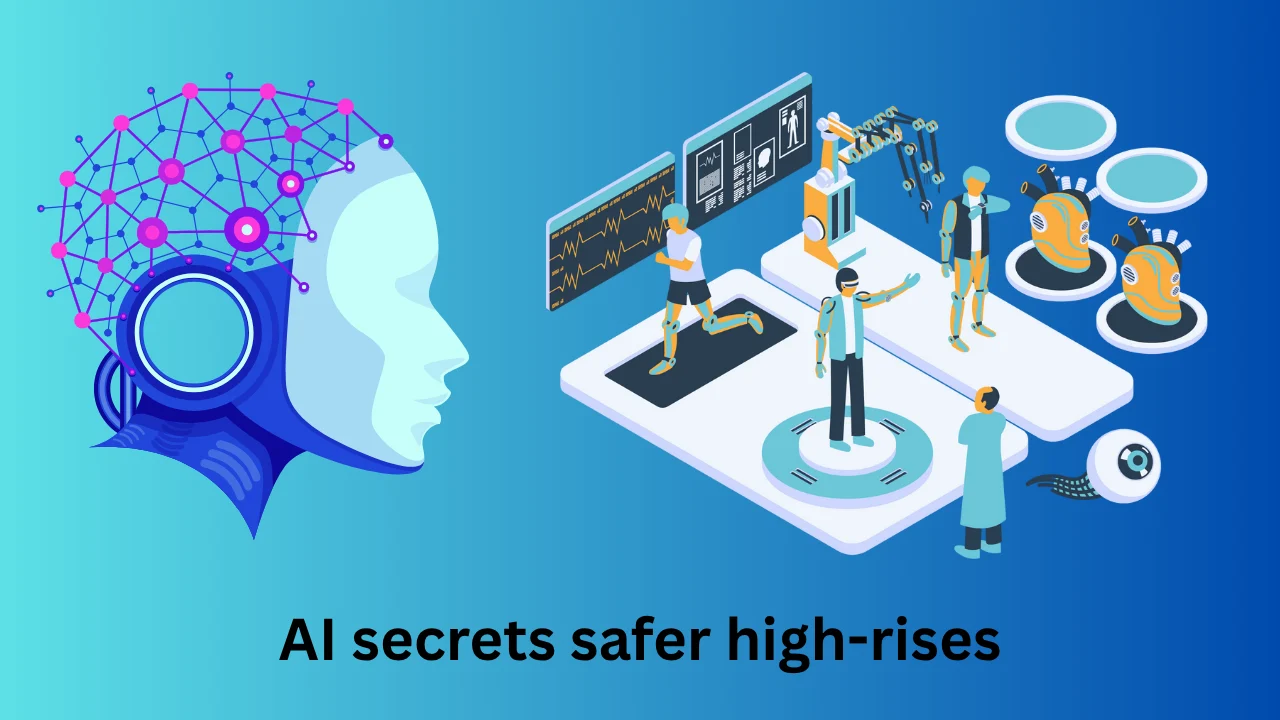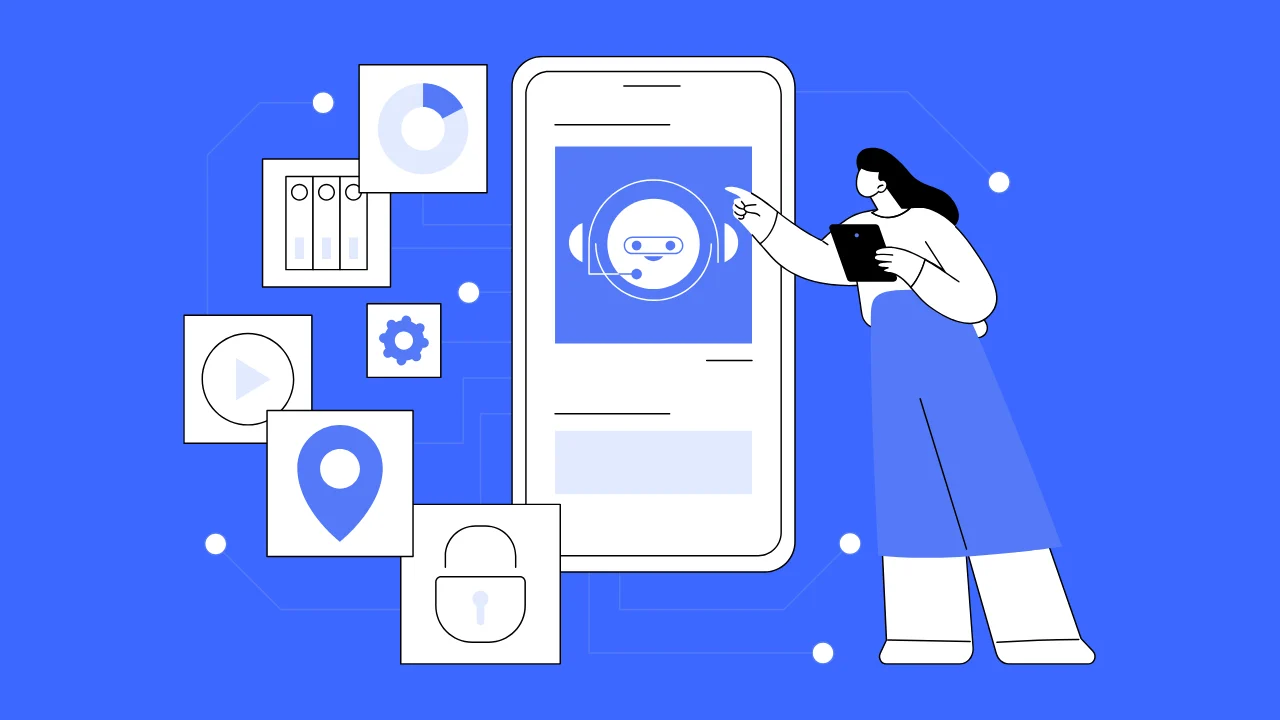Imagine you’re sitting in a doctor’s office, nervously waiting for test results. Suddenly, the doctor smiles and says, “Good news! We caught it early, thanks to our AI assistant.” Or picture your grandma, who always forgets her pills, getting a friendly reminder from a virtual nurse who even tells her a joke to start her day right. This isn’t some futuristic dream—it’s happening right now, and by 2025, it’s going to be even more incredible. Curious about how AI is transforming healthcare? Let’s grab a cup of coffee and explore together.
What’s AI in Healthcare Anyway?
You know how sometimes you wish you had a super-smart friend who could help with everything? Well, in healthcare, AI is that friend. It’s like having a genius who never gets tired, always looking out for you by sifting through mountains of medical data. From spotting tiny details in X-rays to keeping track of your health records, AI is there, working behind the scenes. And the best part? It’s getting smarter every day, learning from all the information it processes. It’s not magic, but it sure feels like it sometimes!
A Quick History Lesson
Believe it or not, AI in healthcare isn’t a new kid on the block. It started way back with basic systems that followed simple rules. But over the years, it’s grown up into something amazing. Today, AI can do things we once thought were impossible, like figuring out what’s wrong with you before you even feel sick or helping scientists create new medicines faster than ever. And the coolest part? Every time it helps someone, it’s learning and getting better. It’s like watching a superhero grow into their powers.
Applications of AI in Healthcare
AI’s got its fingers in every healthcare pie. Let’s break it down into the juicy bits.
Diagnostics: AI as Your Second Pair of Eyes
Ever wonder how AI spots cancer before a human does? It’s all about pattern recognition. AI tools like Aidoc analyze medical images—X-rays, MRIs, you name it—flagging issues with uncanny accuracy. In pathology, it’s sifting through tissue samples, catching rare diseases that might slip by a tired human eye.
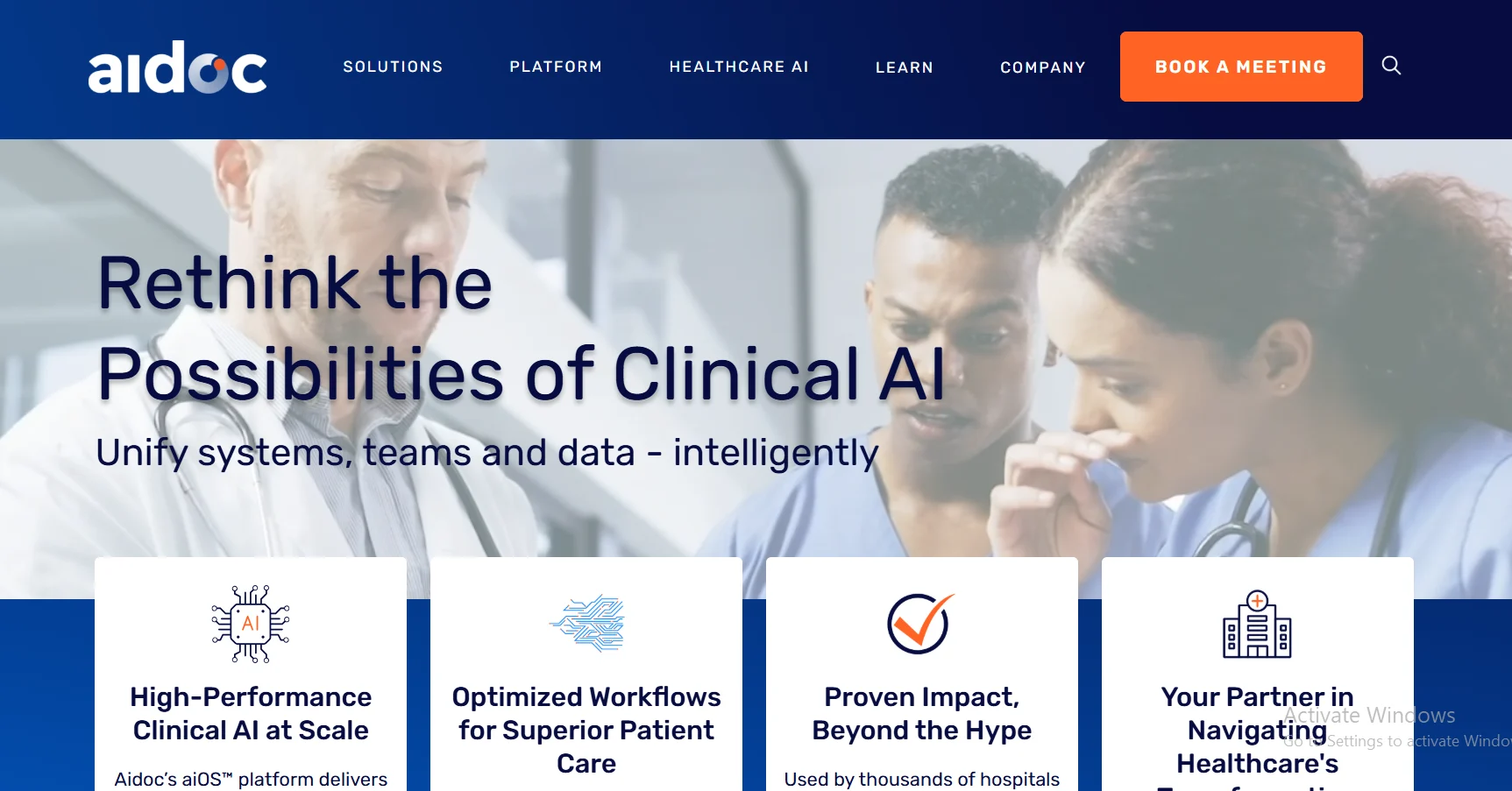
Real-World Example
For instance, there’s this incredible tool from Google called DeepMind. It’s so good at spotting eye diseases, like diabetic retinopathy, that it sometimes does a better job than the experts. It’s like having a world-class specialist looking over your shoulder, making sure nothing gets missed. Pretty awesome, huh?
Treatment Recommendations: Precision Medicine’s BFF
AI doesn’t just diagnose; it dishes out treatment plans tailored to you. By chewing through your medical history and DNA, it’s like a personal chef cooking up the perfect health recipe. Plus, it’s speeding up drug discovery—think Insilico Medicine, using AI to find new drugs in record time.
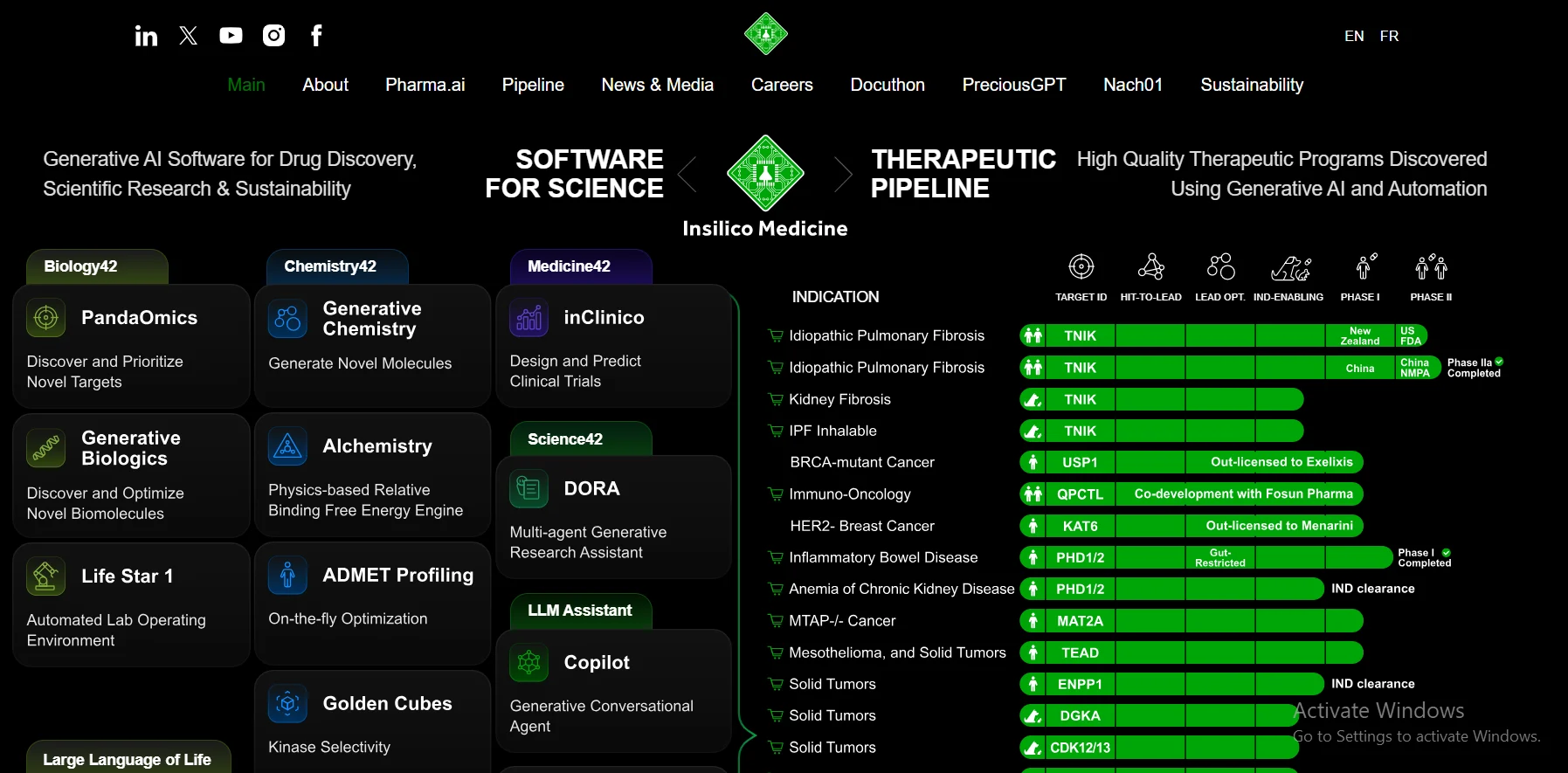
Personalized Care in Action
Imagine AI suggesting a cancer treatment based on your unique genetic makeup. That’s not a dream—it’s happening now.
Patient Care: Your Virtual Nurse
AI’s stepping up for patients care too. Virtual assistants like Sensely chat with you, monitor your vitals, and nudge you about meds. And in mental health? Apps like Woebot offer therapy on demand—cheaper and stigma-free.
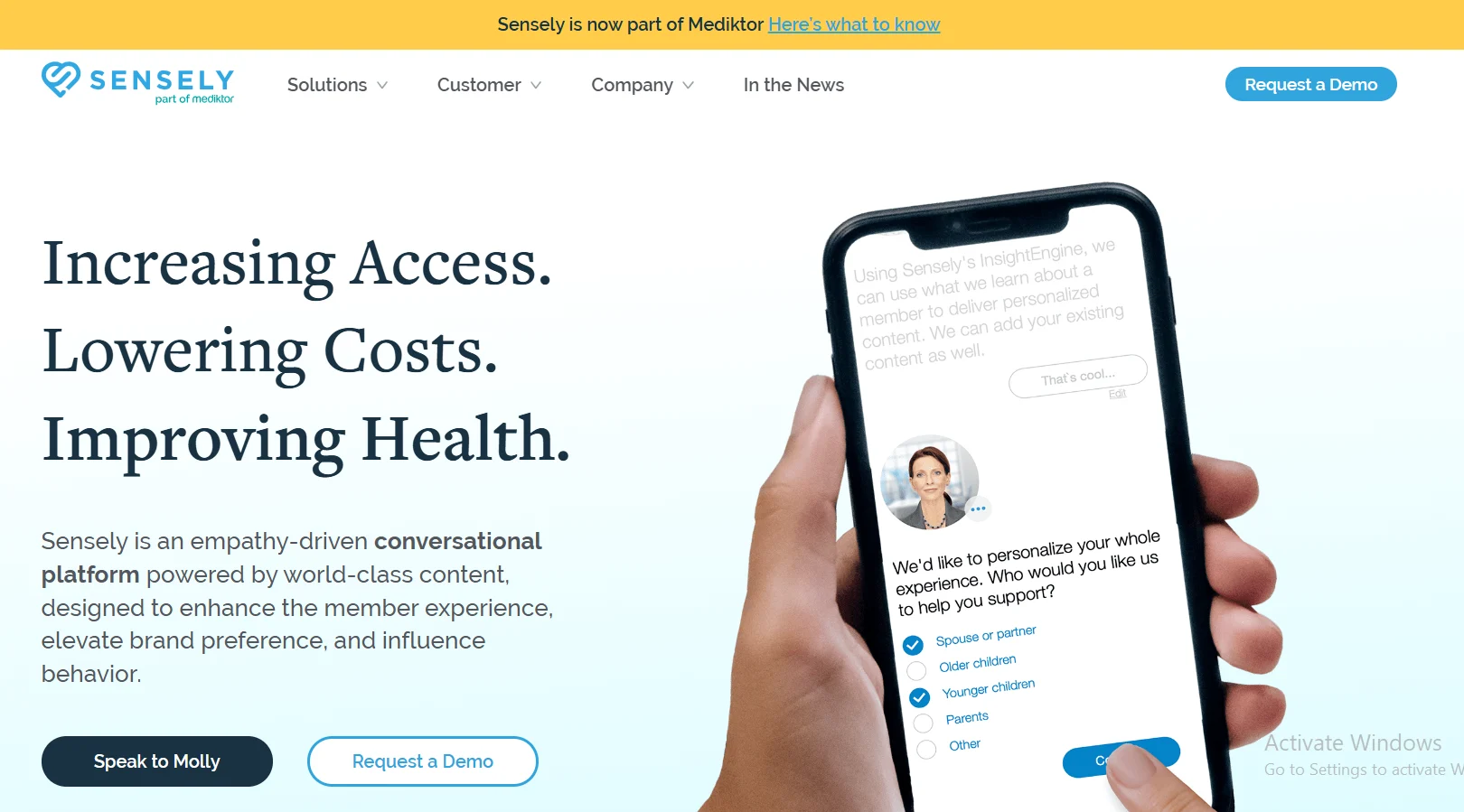
Mental Health Game-Changer
Feeling down? An AI chatbot might just be your 3 a.m. confidant, no judgment included.
Administrative Tasks: The Paperwork Slayer
Hate paperwork? So does AI. It’s automating scheduling, billing, and record-keeping, letting healthcare pros focus on, well, healthcare. Tools like Olive are the unsung heroes here.
Efficiency Boost
Hospitals using AI cut admin time by up to 30%. That’s more face time with patients, less with spreadsheets.
Benefits of AI in Healthcare
So, why all the hype? AI’s bringing some serious perks to the table.
Accuracy and Efficiency
AI’s like a hawk—nothing escapes its gaze. It catches diseases early, reducing misdiagnoses and saving lives. Studies show AI can boost diagnostic accuracy by 10-20% (Source: Stanford Medicine).
Cost Savings
Who doesn’t love saving a buck? AI slashes healthcare costs by streamlining tasks and catching issues before they balloon into expensive problems.
Better Patient Outcomes
Early detection + personalized care = happier, healthier patients. It’s that simple.
Data-Driven Insights
AI’s a data wizard, spotting trends that help prevent epidemics or optimize hospital resources. It’s like having a crystal ball, but with stats instead of smoke.
Table: Benefits at a Glance
| Benefit | How AI Delivers | Impact |
|---|---|---|
| Accuracy | Enhanced diagnostics | Fewer errors |
| Cost Savings | Automation, early intervention | Lower bills |
| Patient Outcomes | Personalized treatments | Faster recovery |
| Insights | Data analysis | Smarter health strategies |
Challenges of AI in Healthcare
Hold up—AI’s not perfect. There’s some baggage to unpack.
Data Privacy: Keeping Secrets Safe
With great data comes great responsibility. AI needs tons of patient info, but breaches are a nightmare. Think HIPAA on steroids.
Ethical Dilemmas
If AI screws up a diagnosis, who’s to blame? The doc? The coder? Tough questions, no easy answers.
Bias in AI Models
AI’s only as good as its data. Feed it biased info, and it’ll spit out biased results—potentially harming marginalized groups.
Human Oversight Needed
AI’s smart, but it’s not a doctor. Humans still need to double-check its work, or we’re in for a wild ride.
Quote
“AI is a tool, not a replacement. It’s like a trusty steed—great for the journey, but you still hold the reins.” — Dr. Eric Topol, Cardiologist
Future Trends in AI Healthcare for 2025
What’s next? Let’s peek into the crystal ball—er, data-driven forecast—for 2025.
Advanced AI Models
Think smarter, faster AI. Models like GPT-4’s successors will tackle trickier tasks with ease.
Tech Mashups
AI’s teaming up with IoT (smart devices) and blockchain (secure data). Imagine wearables feeding real-time health stats to an AI doc.
AI in Genomics
Decoding your DNA for custom treatments? That’s AI’s next frontier. Companies like Deep Genomics are leading the charge.
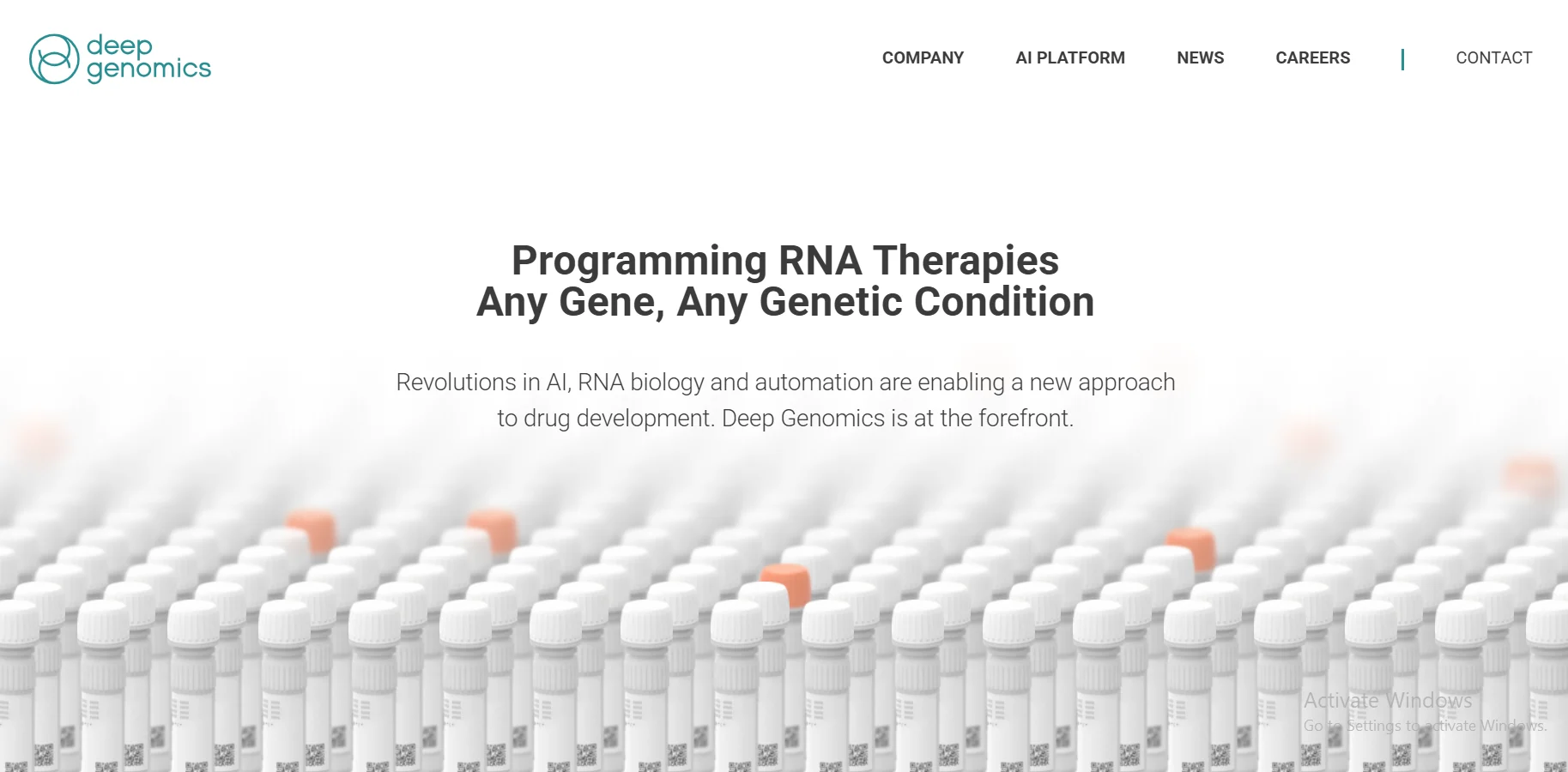
Regulatory Evolution
Governments are waking up. Expect tighter rules to keep AI safe and ethical by 2025.
Infographic Idea
Picture this: a timeline from 2023 to 2025, showing AI’s leap from diagnostics to genomic breakthroughs. Add stats like “80% of hospitals using AI by 2025” (Source: Deloitte).
Looking Ahead
AI in healthcare isn’t just a shiny toy—it’s a revolution with staying power. From spotting diseases to slashing costs, it’s rewriting the rules of medicine. Sure, there are hurdles, but the payoff? A future where healthcare’s faster, smarter, and more human than ever. By 2025, AI won’t just assist—it’ll inspire. So, whether you’re a doc, a patient, or just a tech geek, get ready: the AI healthcare train is full speed ahead, and it’s taking us somewhere amazing.
FAQs
What’s the Big Deal with AI in Healthcare?
It’s using tech to make medicine sharper, cheaper, and more personal. Think super-smart robots helping doctors save lives.
Can AI Really Replace Doctors?
Nah, it’s more like a trusty sidekick—great at crunching numbers, but humans still call the shots.
What’s the Scariest Part of AI in Healthcare?
Privacy breaches or biased AI screwing over patients. Yikes, right?
How Will AI Change Healthcare Jobs by 2025?
It’ll shift roles—less grunt work, more strategy. Doctors might even get a breather!
What’s the Coolest AI Healthcare Trend Coming?
Genomics. Picture treatments designed just for your DNA. Sci-fi? Nope, it’s 2025.


